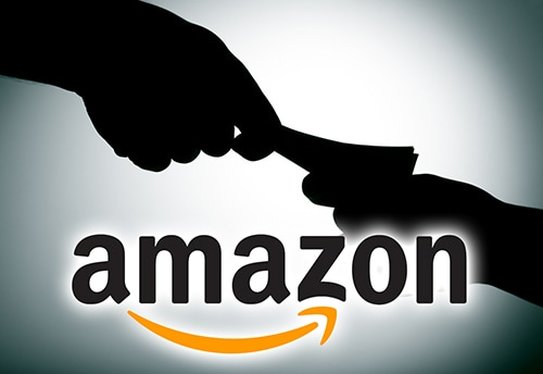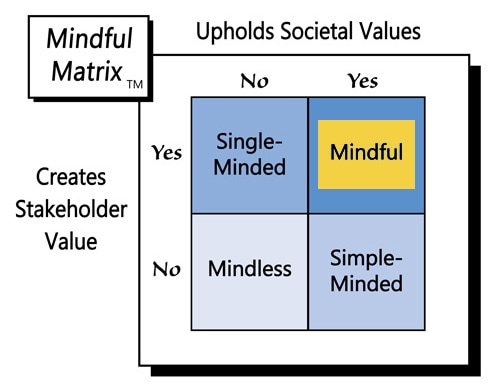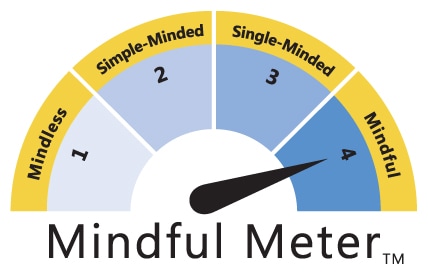Jason Kastrenakes, news editor for the Verge, chose an intriguing title for his June 13, 2017 article about the enormous etailer: “Amazon is now bribing Prime members to avoid credit card fees.” Bribery is a pretty serious indictment to make of anyone, let alone America’s most prolific ecommerce company. In some situations bribery is illegal (e.g., when it involves foreign officials), and in virtually any context it’s considered unethical. So, what exactly is Amazon up to that has invited such a charge?
Amazon has introduced a new payment option called “Prime Reload” that enables Amazon Prime members to earn 2% Amazon rewards credit each time they transfer money from their checking account to their Amazon Gift Card Balance. To process these payments, Amazon requires a U.S. bank account and routing number, which is to be expected. The program also demands a debit card in order to allow Amazon to “fulfill your reload faster.” Users’, then, receive their 2% bonus whenever they reload their Gift Card balance.
Given there’s no such thing as ‘free money,’ especially in the increasingly-competitive retail sector, it’s reasonable to question Amazon’ motives: Why would a super-savvy, profit-minded company like Amazon, suddenly want to giveaway 2% of every purchase? In 2016, Amazon had sales of $135.9 billion, which means if Prime Reload had been used for every purchase, the firm would have forfeited $2.7 billion for the fiscal year. Relinquishing that kind of revenue doesn’t seem financially sound.
Amazon knows, however, what it’s doing. A key part of the company’s strategy is to avoid costly credit card fees, which average between 2.3% and 2.5% for online businesses where the consumer’s credit card is not present. However, given its size and buyer power, Amazon’s effective processing rate is likely lower, so there probably are advantages beyond avoiding credit card fees.
Another benefit Amazon enjoys via Prime Reload is the temporary use of customers’ deposits in their Amazon gift card accounts. Yahoo Finance suggests that Prime Reload “may encourage people to load large lump sums into their Amazon Balance, in order to ensure they never accidentally pay for an item through their debit or credit card directly,” which would cause them to miss-out on the cash-back bonus. Amazon, then, can act like a bank, earning interest income on this “float,” from the time consumers deposit the money until they spend the excess funds.
There’s at least one other advantage likely to accrue to Amazon through Prime Reload. Yahoo Finance predicts that users of the program will be more likely to make impromptu purchases since “they won't have to do the math as to whether the item is something they can afford. Effectively, it feels the same as having a Gift Card balance ready to be used.” Therefore, Prime Reload might ultimately encourage more purchases from Amazon.
So, Prime Reload seems like a wise financial move for Amazon, but what about the original issue: Does the 2% bonus constitute bribery? This question is particularly relevant to the third/last point—the possibility that customers who participate in Prime Reload will end up purchasing more from Amazon.
The short answer is “no,” that’s not bribery. The main reason is that bribery requires three parties and an agent/principal relationship. Perpetrators offer bribes to agents (e.g., employees) with the hope that they will take actions that are probably not in the best interest of their principals (e.g., employers). For instance, someone says to a purchasing agent, “Here’s $1,000, just for you. I hope your company will sign a contract with our firm to buy its new __________.”
The bribe-brandishing supplier may be offering products that are not the best quality or price; however, the purchasing agent might choose them anyway because of the self-enriching incentive. As such, a bribe pits the interest of an agent against that of his/her principal, thereby compromising the agent’s fiduciary responsibility.
In the case of Prime Reload, there are only two parties (the consumer and Amazon), with no agent/principal relationship—the consumer is both agent and principal. As such, the customer is free to negotiate whatever product-price combination best meets their needs. If the consumer wants to accept a special discount or some other deal from the seller, he/she has the authority to do so, owing no accountability to an employer or any other principal.
Does Kastrenakes really believe that Amazon is trying to bribe Amazon Prime members? Probably not. Beyond the heading, he makes no other mention of bribery, and at the end of the article he says, “[Amazon] is both making a savings and passing some of it along to customers.” So, using “bribing” in the title was likely a somewhat misleading attempt to call more attention to the piece.
The bottom-line is that Prime Reload represents a win-win scenario in which both buyer and seller come out ahead. Furthermore, encouraging more people to use debit cards instead of credit cards may also be good, given that 65% of Americans carry a balance on their credit cards that averages $4,717. In sum, Amazon is helping itself by helping others, which is a key foundation for “Mindful Marketing.”
Learn more about the Mindful Matrix and Mindful Meter.
Check out Mindful Marketing Ads and Vote your Mind!




 RSS Feed
RSS Feed